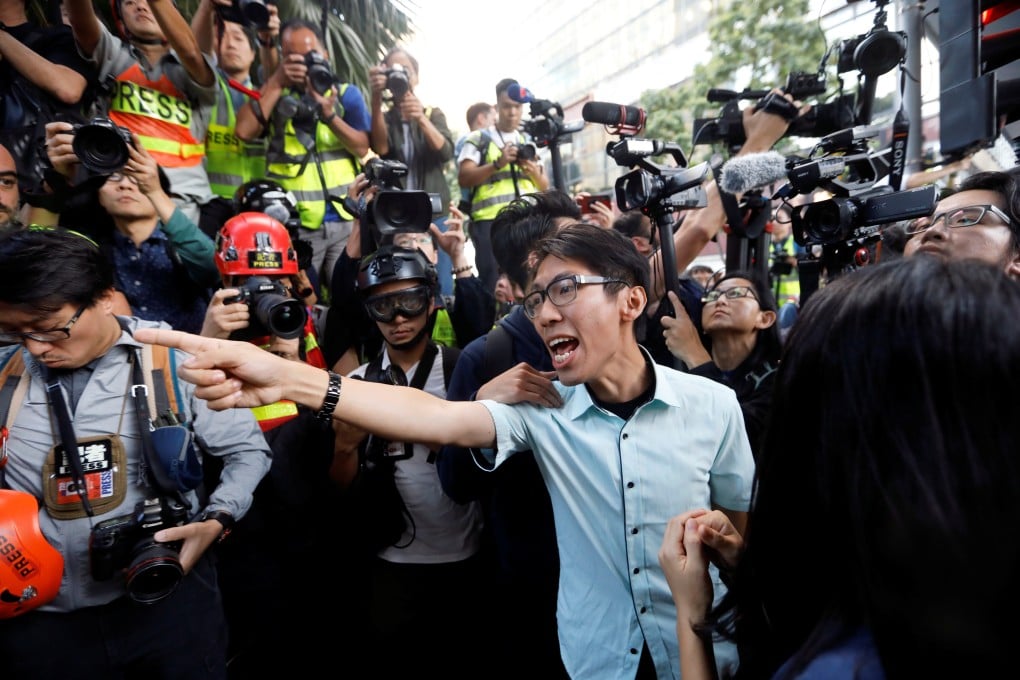Anti-government victory in Hong Kong’s district council elections won’t bring about peace
- In calmer times, the diligent provision of district services has been enough for pro-establishment district council candidates. But this is no longer the case, as overall dissatisfaction in Hong Kong has led voters to reward extremist tactics

In 2005, Donald Tsang Yam-kuen, a veteran civil servant, replaced Tung Chee-hwa as chief executive of Hong Kong. After the turmoil in the Tung administration, brought on by the Asian financial crisis, the severe acute respiratory syndrome epidemic and the national security legislative debacle, Hong Kong people sighed a breath of relief as a safer pair of hands appeared to be at the wheel.
With the return of calm, the pro-establishment camp fared much better in the 2007 district council elections. Through a strong focus on district services, it significantly increased its proportion of votes in district councils to 59 per cent. In the 2011 district council elections, the pro-establishment camp solidified its hold with 60 per cent of the vote.
By winning more than 50 per cent of district council seats, the pro-establishment camp secured a stranglehold on the 118 seats in the chief executive Election Committee, including the 117 seats allocated to members of the district councils, plus the seat in the Legislative Council allocated to a representative of district councils.
The pro-establishment camp’s dominance in district council elections started to unravel in 2015, particularly in the New Territories East constituency. Civil Force, a district organisation established in 1993 and active in Sha Tin and Sai Kung, which at its apogee held 14 seats on Sha Tin District Council and three seats on Sai Kung District Council, lost seven seats in the 2015 elections to young challengers.
Ageing of the brand and the serving councillors, the abolition of appointed members, plus the rise of localism in New Territories East, substantially weakened this hitherto predominant local organisation.

